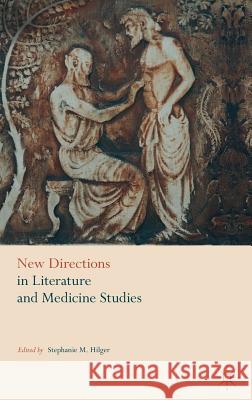New Directions in Literature and Medicine Studies » książka
topmenu
New Directions in Literature and Medicine Studies
ISBN-13: 9781137519870 / Angielski / Twarda / 2017 / 415 str.
Kategorie:
Kategorie BISAC:
Wydawca:
Palgrave MacMillan
Język:
Angielski
ISBN-13:
9781137519870
Rok wydania:
2017
Wydanie:
2017
Ilość stron:
415
Waga:
0.78 kg
Wymiary:
23.39 x 15.6 x 2.54
Oprawa:
Twarda
Wolumenów:
01
Dodatkowe informacje:
Bibliografia
Wydanie ilustrowane
Wydanie ilustrowane











